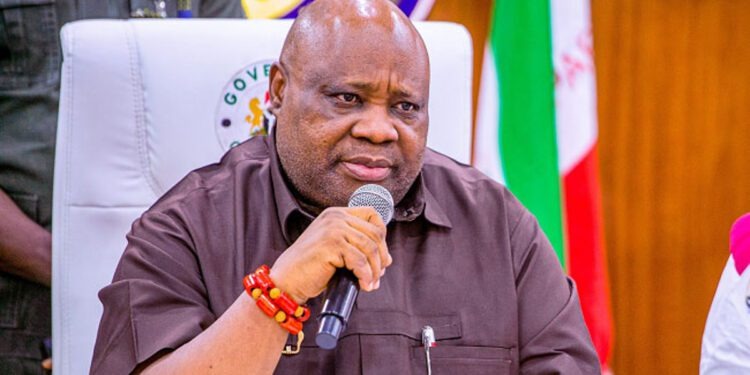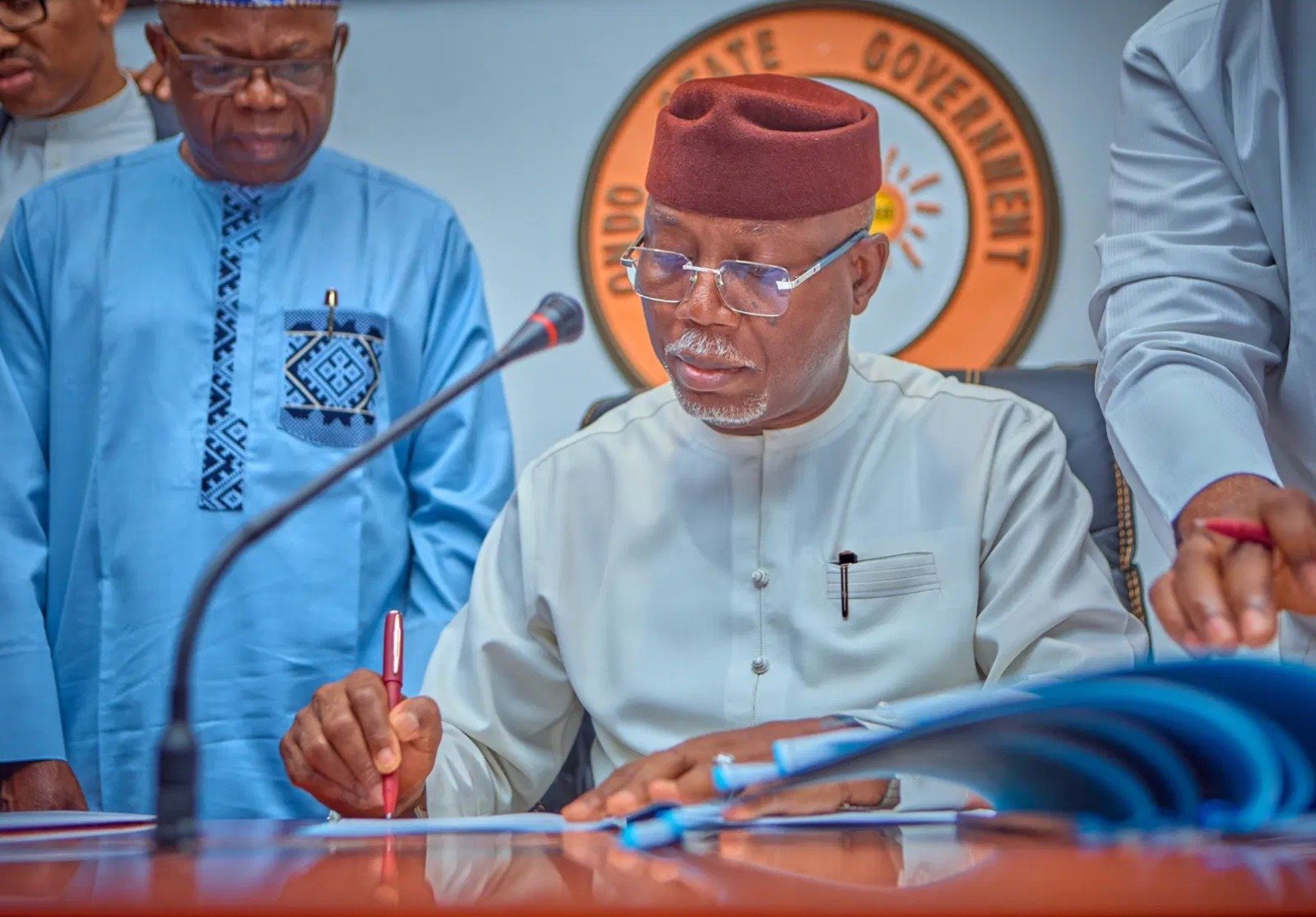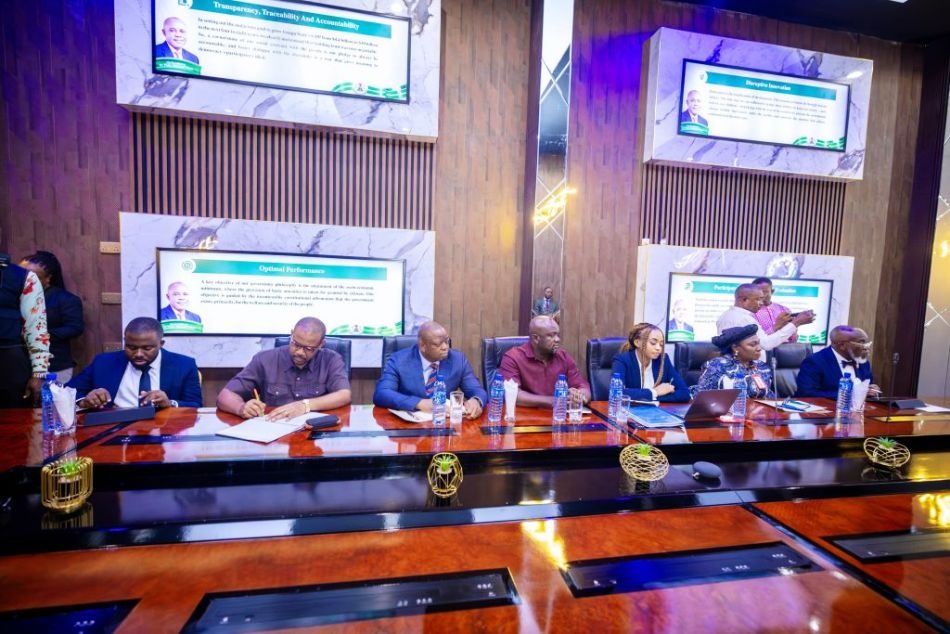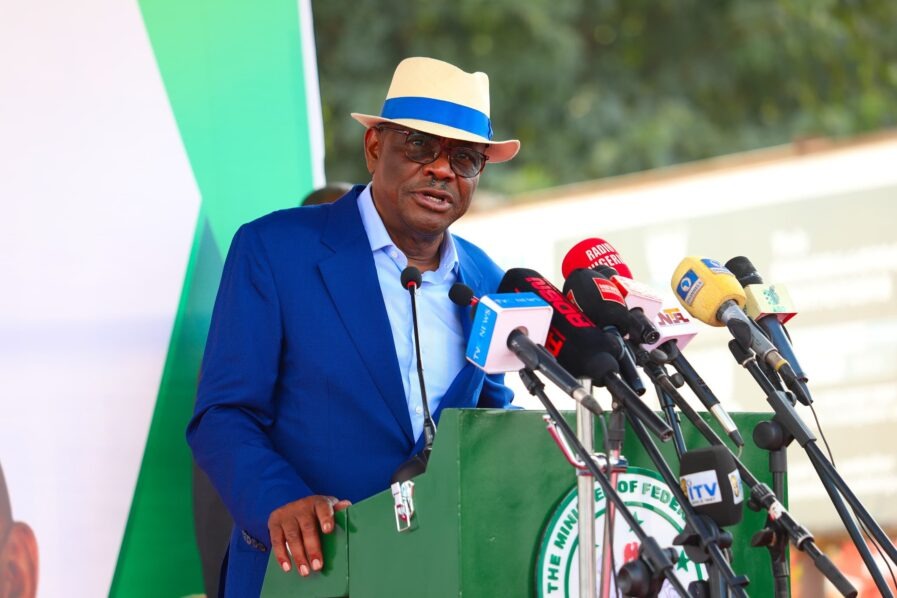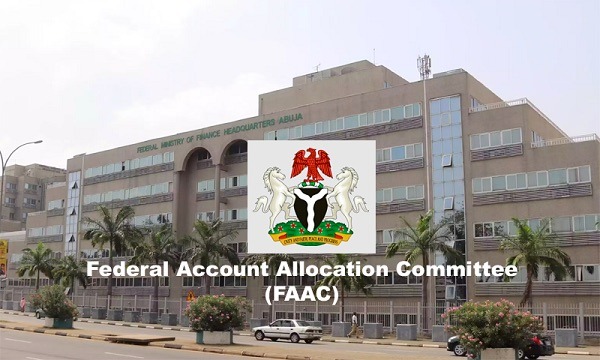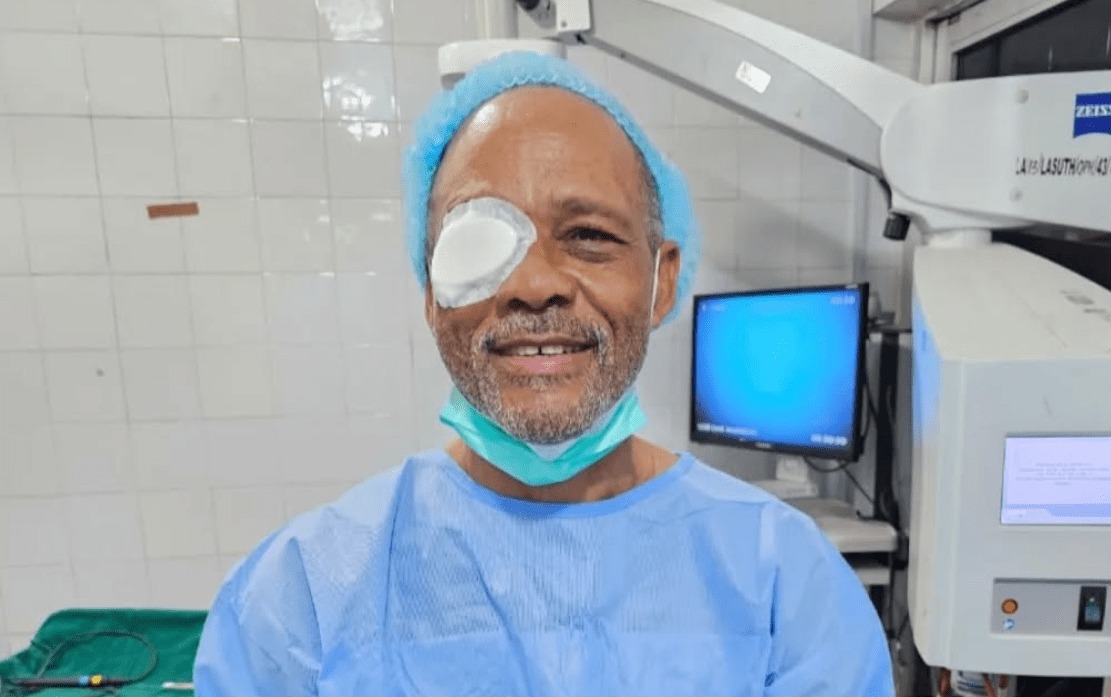Governor Ademola Adeleke of Osun State has imposed a dusk-to-dawn curfew on the Ifon and Ilobu communities in Orolu and Irepodun Local Government Areas following renewed clashes over a land dispute.
The two communities have reportedly conflicted since 2023, with tensions escalating in recent days.
In a statement issued on Thursday, Kolapo Alimi, the state’s commissioner for information and public enlightenment, announced the curfew, which is in effect from 7:00 p.m. to 7:00 a.m. daily.
“Sequel to an outbreak of yet another communal misunderstanding between Ifon and Ilobu communities, the State Governor, Ademola Adeleke, has ordered that a curfew be imposed on the two warring communities with immediate effect,” the statement read.
“To forestall further escalation of the crisis, the governor has approved that a 7:00 p.m. to 7:00 a.m. curfew be imposed.”
The state government has also deployed security operatives to maintain order and prevent further violence in the affected areas.
Alimi disclosed that the state government will establish a committee of stakeholders to address the dispute and seek a permanent resolution.
The committee will include representatives from both communities, heads of security agencies, the council of Obas, and other relevant bodies.
“The state government is committed to resolving this issue permanently and calls on the indigenes of Ifon and Ilobu to cooperate fully in the process,” Alimi said.
The commissioner also issued a stern warning to those inciting violence.
“Anyone caught instigating further violence, knowingly or unknowingly, would be made to face the full wrath of the law,” he added.
